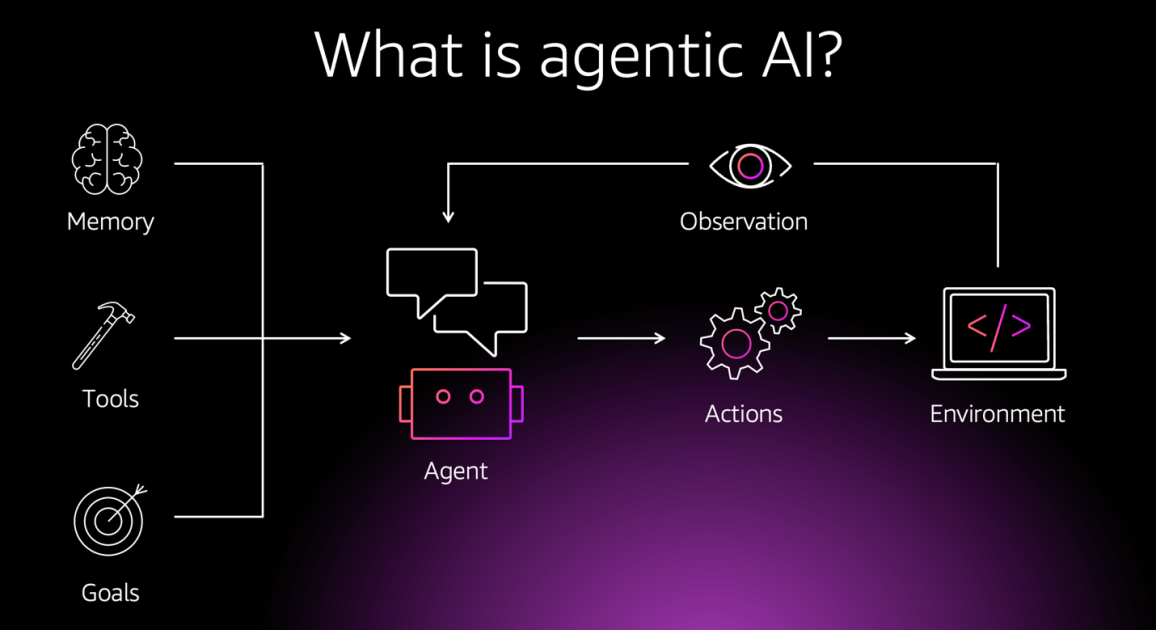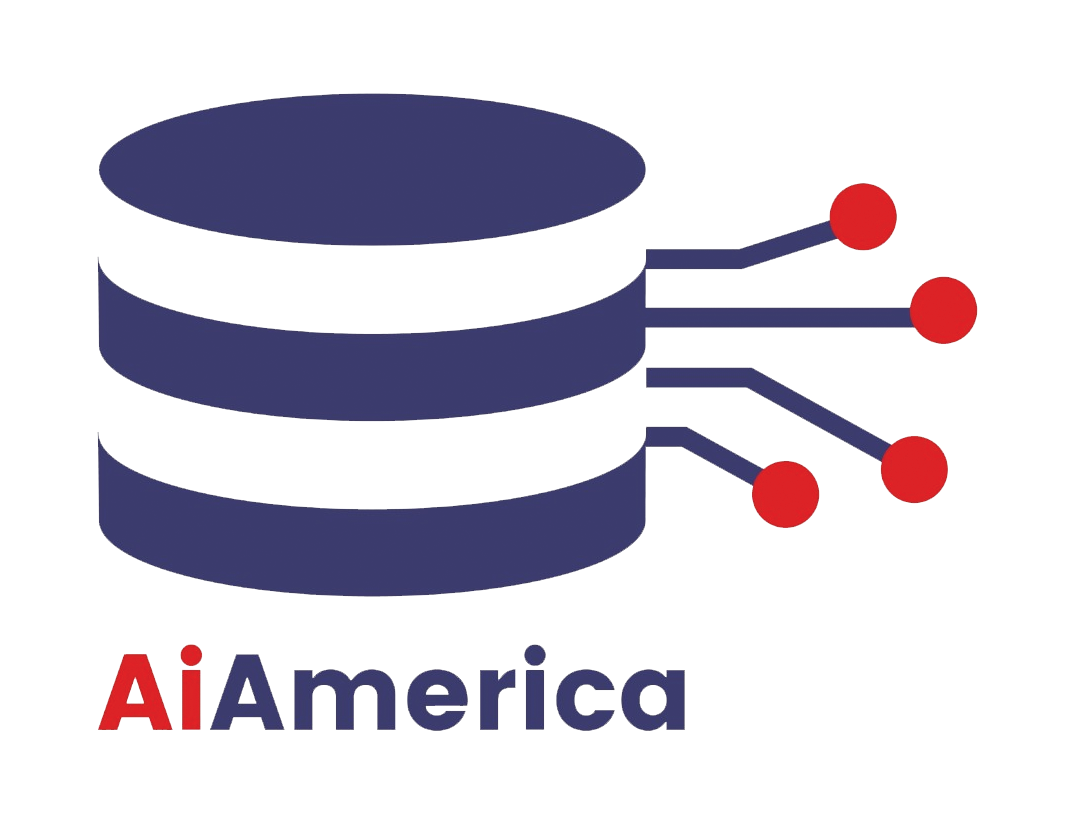
Agentic AI marks a transformative shift in artificial intelligence, evolving from reactive systems to autonomous, goal-driven agents capable of independently planning, reasoning, and acting within dynamic environments. These AI agents utilize sophisticated large language models (LLMs) combined with advanced reasoning and decision-making capabilities, enabling them to break down complex tasks into manageable sub-tasks and execute actions with minimal human supervision.
What is Agentic AI?
Agentic AI consists of autonomous software agents that perceive their environment, reason about objectives, act to accomplish goals, and learn continuously from new data and feedback. Unlike traditional AI, which responds to explicit prompts or scripts, agentic AI systems proactively adapt to changing contexts, collaborate with other agents, and integrate with external tools and databases to perform workflows dynamically.
Core Attributes
- Autonomy: Capable of independent operation without step-by-step human input.
- Adaptability: Adjust actions based on real-time evolving contexts.
- Multi-agent Collaboration: Multiple AI agents can communicate and coordinate.
- Integration: Seamlessly connect with APIs, software, databases, and tools.
- Learning: Improve performance via reinforcement learning and pattern recognition.
Real-World Applications and Use Cases
Agentic AI is being deployed across many industries, showcasing significant impacts:
- Customer Service Automation: Agents autonomously handle complex interactions such as verifying transactions, managing refunds, and resolving support cases. They fetch information from knowledge bases, communicate with users, and escalate to humans only when needed, enabling 24/7 responsive service with personalized solutions.
- Enterprise IT Support: Agentic AI predicts and resolves IT issues before escalation, automating tasks like password resets, software installations, and access provisioning. It dynamically learns from incident data, improving problem resolution and minimizing downtime.
- Financial Services: AI agents analyze market trends, assess investments, generate personalized financial plans, and automate report generation, freeing human advisors to focus on strategy and client relationships.
- Supply Chain and Logistics: Agents optimize routes, predict bottlenecks, manage inventory levels, and autonomously reroute shipments in real time, reducing costs and improving efficiency.
- Research and Development: Agentic AI orchestrates multi-step research workflows, synthesizing data from varied sources, planning experiments, and delivering actionable insights faster than manual processes.
- Cybersecurity: Agents detect, categorize, and respond autonomously to threats, perform threat hunting, conduct continuous penetration testing, and manage incident reporting, enhancing enterprise security resilience.
- HR Operations: Automates recruitment, employee inquiries, onboarding, and benefits management, improving HR team efficiency and employee satisfaction.
Benefits of Agentic AI
- Efficiency and Productivity: Automates repetitive and complex tasks, freeing humans for high-value work.
- Enhanced Customer Experience: Delivers faster, tailored, and proactive interactions.
- Scalability: Easily expands to handle increased workloads and complexity.
- Improved Decision Making: Analyzes large datasets in real time, highlighting trends and risks.
- Cost Reduction: Lowers operational costs by reducing manual intervention.
- Consistency and Accuracy: Maintains high standards with minimal errors.
- Human Augmentation: Enhances employee capabilities rather than replacing them, enabling more creative and strategic contributions.
Future Outlook
Agentic AI is rapidly advancing, with predictions that it will autonomously manage a majority of routine customer service and enterprise workflows within a few years. Its ability to operate continuously, learn autonomously, and collaborate with human teams will redefine productivity and innovation across sectors.
In summary, agentic AI transforms artificial intelligence from passive responders into autonomous, intelligent agents that plan, act, and learn independently. This new paradigm empowers businesses to automate complex workflows, enhance customer and employee experiences, and drive smarter, more adaptive operations at scale..









